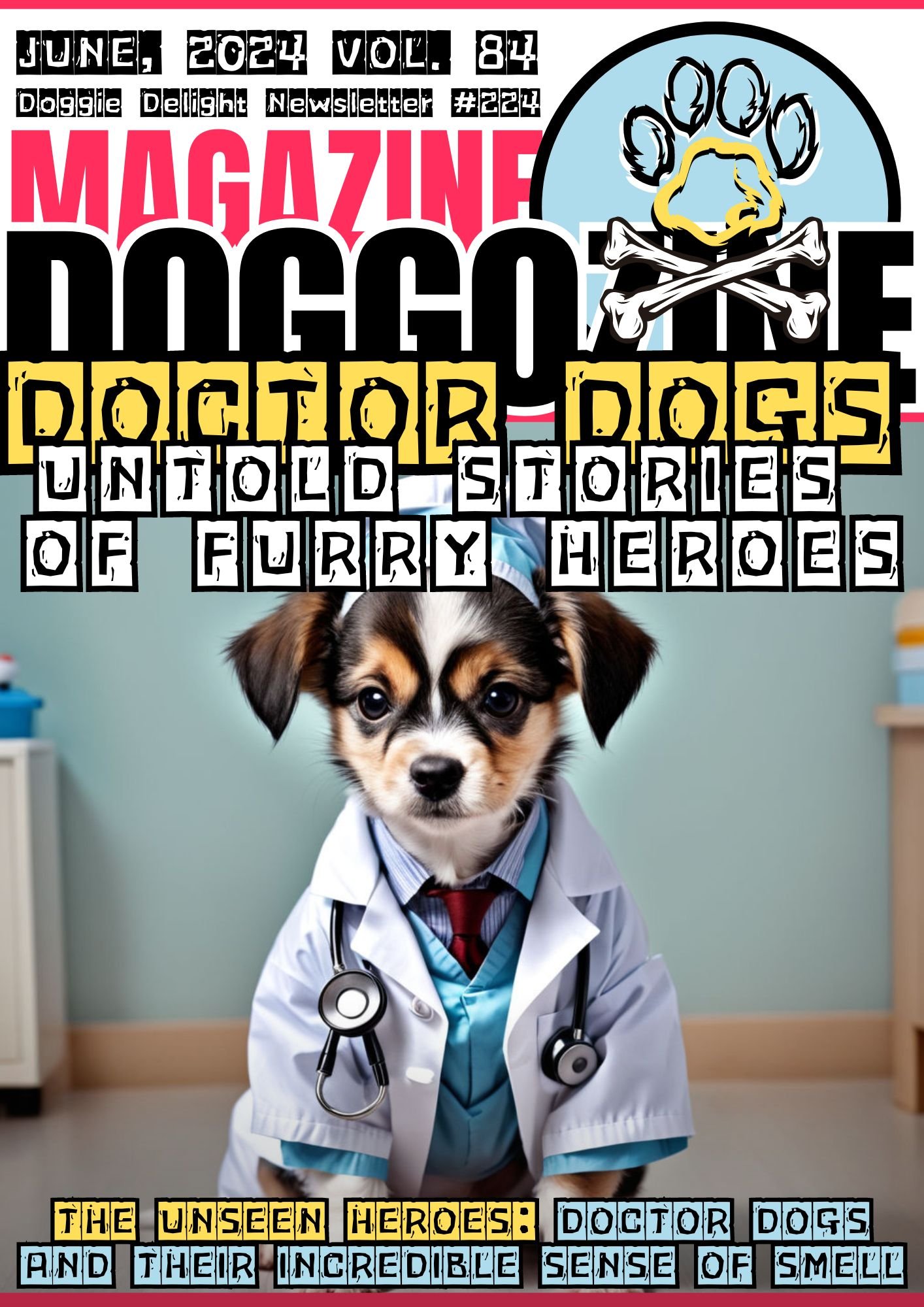
HOW DOG SUPERHEROES DETECT DISEASES WITH UNMATCHED PRECISION?
Let’s go on an exciting trip into the amazing world of Doctor Dogs. These puppy heroes show off their skills by finding diseases with their super-noses. Have you ever thought about how great dogs are at using their sense of smell to help people? Just like other working dogs, these pups do many medical jobs, like sniffing out cancer or helping people with PTSD.
Unleashing The Miraculous World of Doctor Dogs
Join us as we tell true stories that show how these loyal furry friends change people’s lives. Through fun tales and personal stories, we’ll learn about the special bond between doctor dogs and humans. We’ll celebrate how these dogs help make modern medicine better.
You’ll hear untold stories about these four-legged heroes who never give up on helping people feel better. With every wag of their tails, these heroes prove how caring and healing they are in healthcare.
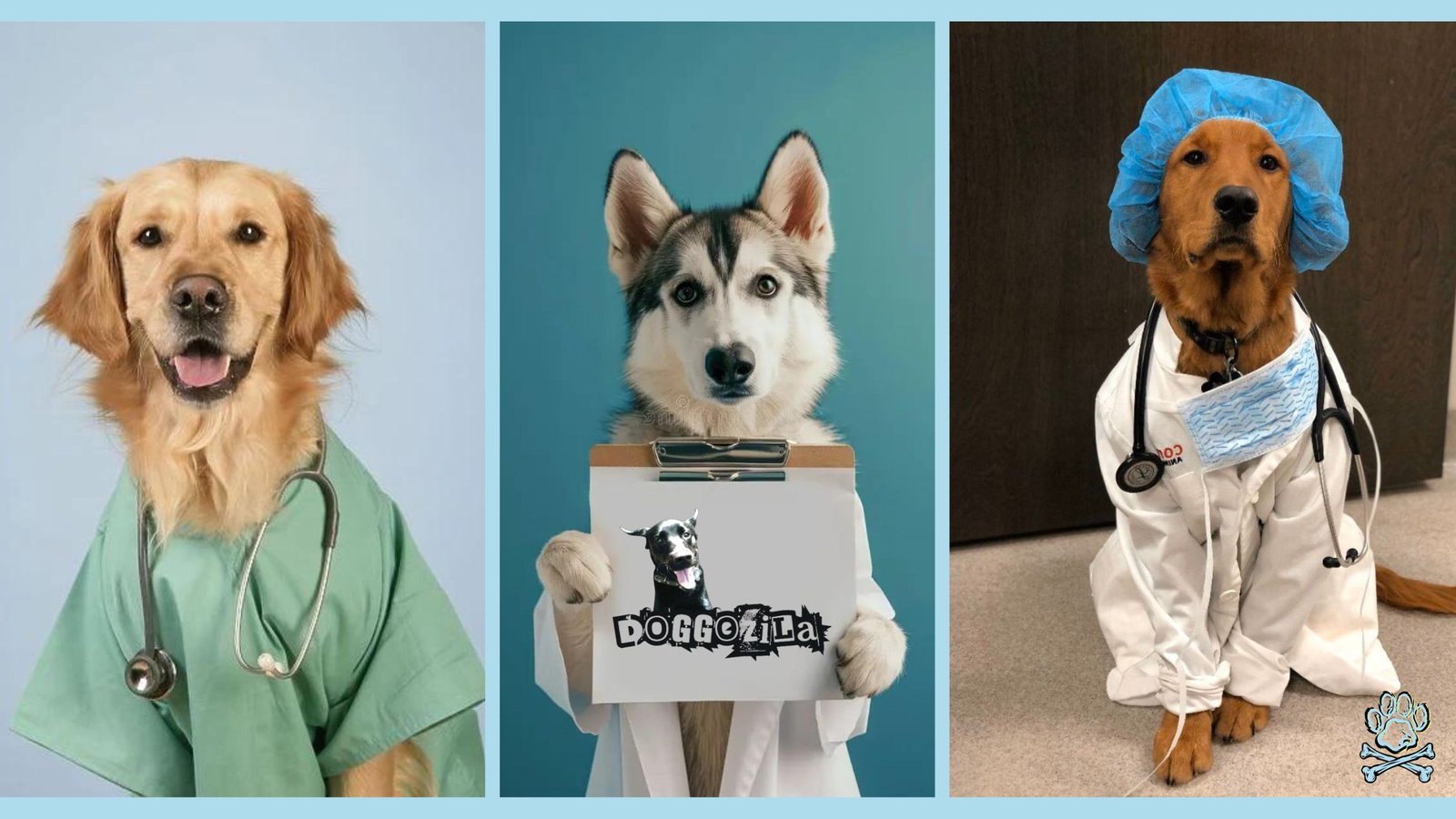
UNSEEN HEROES: DOCTOR DOGS AND THEIR INCREDIBLE SENSE OF SMELL
In the world of new medical discoveries, there’s a special group of heroes working hard behind the scenes: doctor dogs. These amazing dogs have an incredible sense of smell that lets them find diseases better than anyone else. Dogs have an amazing sense of smell. It is up to 100,000 times better than humans. This helps them detect subtle changes in body odor. These changes can indicate the presence of various diseases.
Doctor Dogs are Real-Life Superheroes
Maria Goodavage’s service dog can detect ovarian cancer in women. This furry companion is trained to pick up the scent. Early detection can save countless lives. Another incredible story involves Aja, a military dog. She used her dog’s excellent sense of smell. Aja could identify the presence of Clostridium difficile (C. diff) in hospital patients. C. diff is a life-threatening bacterial infection.
These doctor dogs work hard without much recognition. They use their extraordinary abilities to keep us healthy and safe. They are the unsung heroes of the medical world. Their incredible sense of smell makes a big difference in many lives.
🔑 Key Points: Doctor dogs can detect diseases with great precision. Their amazing sense of smell makes them invaluable in the medical field.
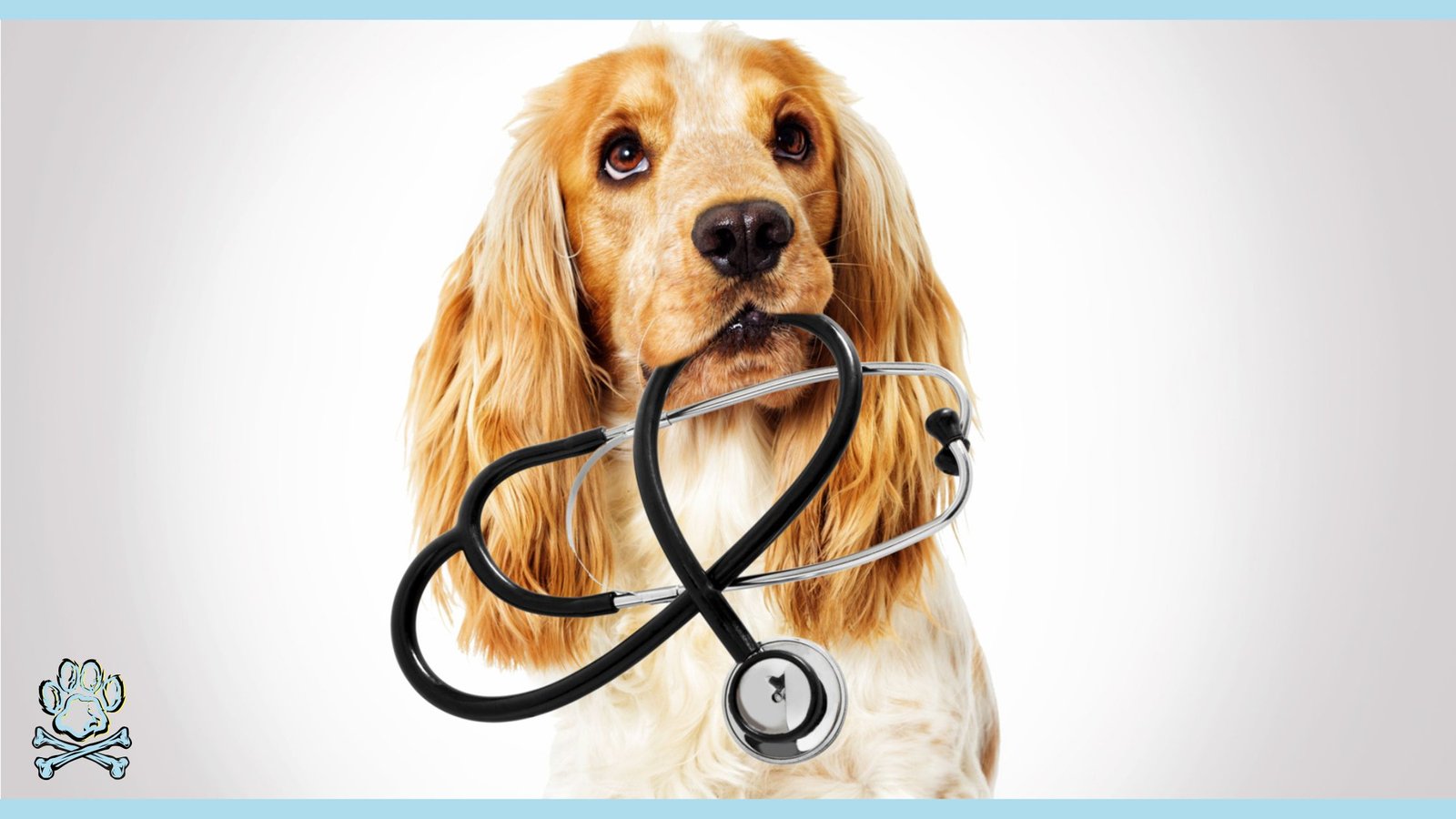
THE SCIENCE BEHIND THE SNIFF: HOW DOCTOR DOGS DETECT DISEASES
Have you wondered how doctor dogs detect diseases so accurately? The answer lies in their highly developed olfactory receptors. Dogs can identify specific volatile organic compounds (VOCs). These VOCs are associated with various health conditions. Dogs have up to 300 million smell receptors in their noses. Humans only have around 6 million. This lets dogs detect smells at very low levels, even parts per trillion. Their sense of smell is extremely powerful.
Detecting Ovarian Cancer
One amazing example of doctor dogs is detecting ovarian cancer. A study trained dogs to identify ovarian cancer smells in blood samples. The results were excellent – the dogs found cancer correctly 99% of the time. This shows how useful their noses can be.
A Vast Array of Medical Tasks and Real-Time Disease Detection
Doctor dogs can do many special medical tasks. They can warn people with diabetes if blood sugar is too high or low. They assist people with seizures. And they can even detect stomach cancer presence. Their skills cover a wide range. What makes doctor dogs special is detecting diseases right away. Normal medical tests can take days or weeks. But these dog heroes can identify diseases in minutes, potentially saving lives quickly.
🔑 Key Points: The science behind dogs’ disease detection is their highly developed smell receptors. They can identify specific smells (volatile organic compounds) linked to various health conditions. This unique ability is very valuable.
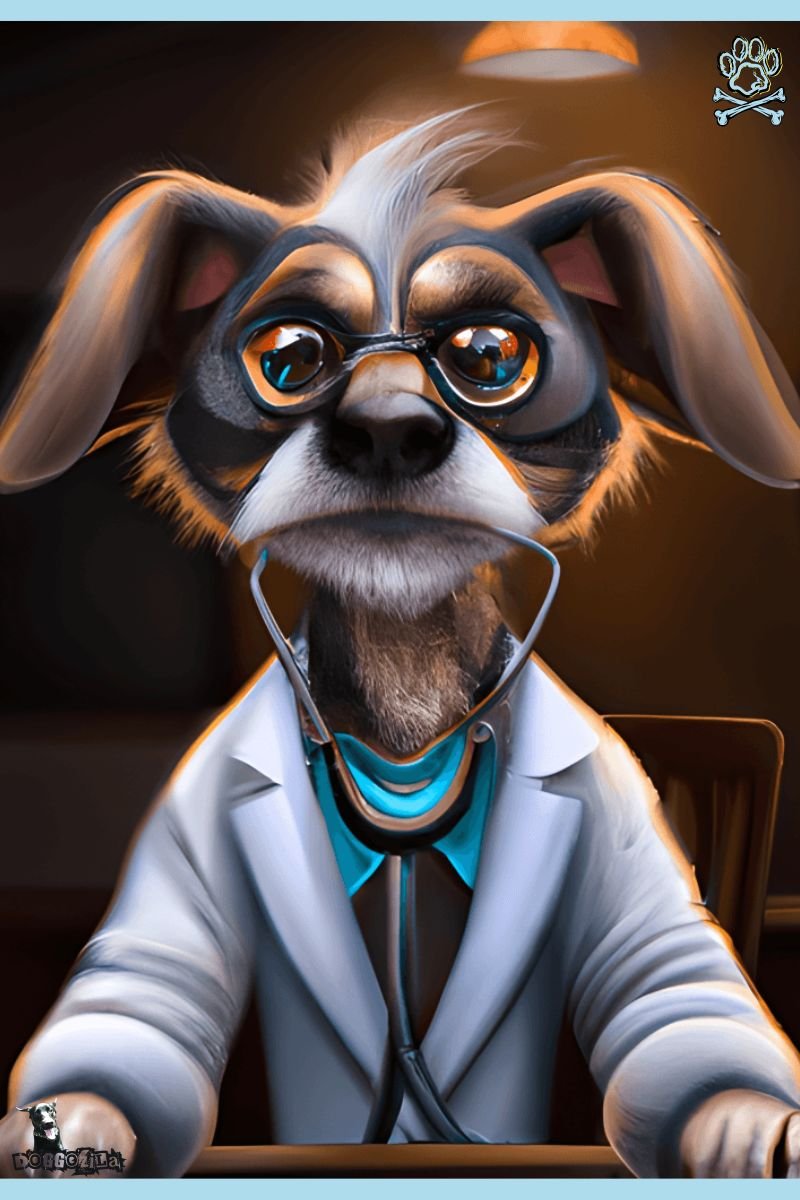
THE FIRST OF ALL DOCTOR DOGS: PIONEERING THE MEDICAL FRONTIER
The idea of dogs helping in medical tasks seems new. But, dogs have been used for decades to assist with health issues. One of the first dogs to do this was a German Shepherd named Kona. She is known as the first doctor dog.
A Special Assignment and Paving the Way for Future Generations
Kona was born in 1988. She was trained as a service dog to help her owner who had multiple sclerosis. But Kona had a special talent. Her keen sense of smell could detect changes in her owner’s health. Kona’s special work paved the way for more doctor dogs. Her success in detecting her owner’s health changes led to new interest in using dogs for medical tasks. Kona showed that dogs can play an important role in healthcare.
🔑 Key Points: Kona was the first doctor dog. She pioneered using dogs for medical tasks. Her work opened doors for more doctor dogs in the future.
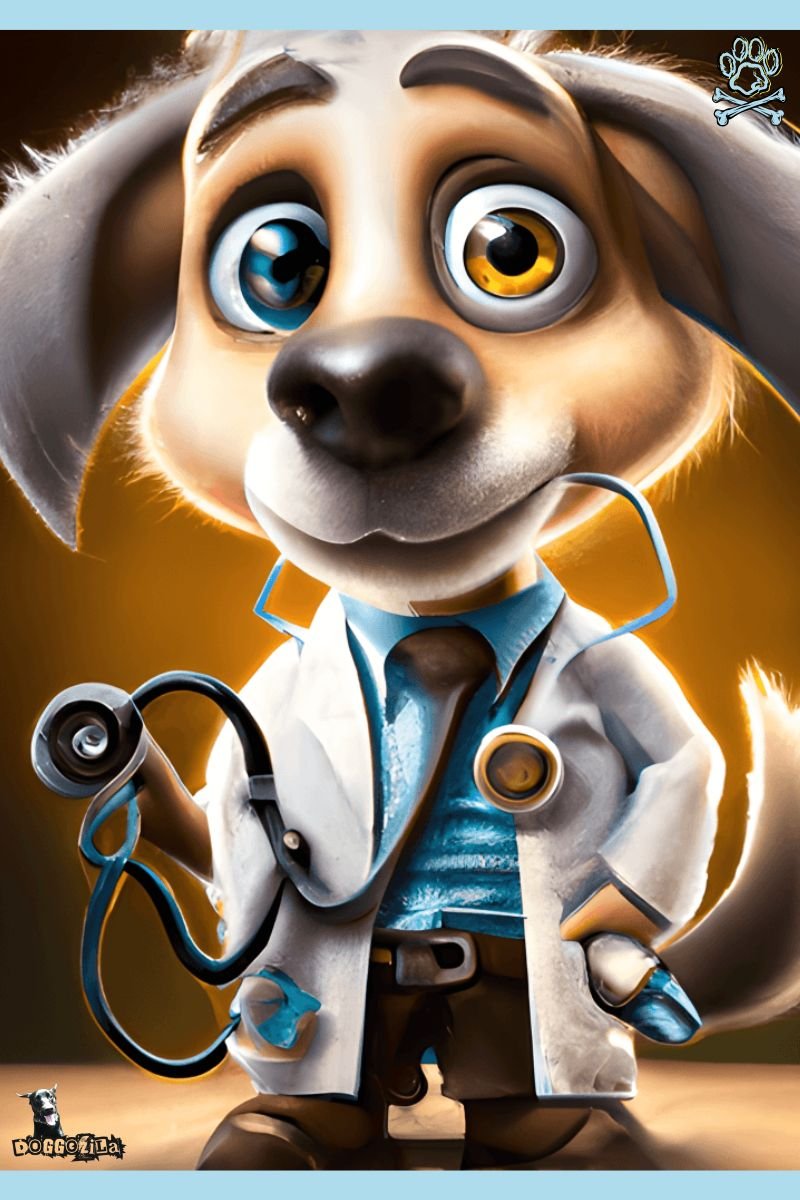
TRANSFORMING LIVES: REAL-WORLD STORIES OF DOCTOR DOGS IN ACTION
These superhero doctor dogs impact more than just medicine. These amazing animals transform lives. They provide comfort, support, and life-saving help to people facing many challenges.
A Service Dog’s Unconditional Love
Meet Jake, a young boy with autism. He struggled with social situations and sensory overload. Then, Luna entered his life – a specially trained service dog. With Luna by his side, Jake’s anxiety decreased. He began thriving in social settings. Luna’s unconditional love and support made a big difference.
Doctor dogs like Kona and Luna show the incredible impact these animals can have. They pioneer new medical frontiers and transform lives with their special abilities and unwavering companionship.
A Military Dog’s Heroic Efforts
Max, a brave Belgian Malinois, risked his life many times. He served in Afghanistan to keep soldiers safe. Max used his powerful sense of smell. He could detect explosives and warn about danger. His courage and skill saved many lives.
Real-Time Assistance for Diabetes
Some dogs help people with diabetes stay healthy. These special medical dogs learn to sense blood sugar levels. They can tell if levels get too high or low. The dogs alert owners if blood sugar changes. This real-time assistance prevents dangerous situations. It keeps people with diabetes out of harm’s way.
The Best Medicine for Mental Health
Service dogs provide valuable support for mental health. They offer companionship and unconditional love. For veterans with PTSD, a service dog brings comfort. The dog’s calming presence helps cope with trauma. These loyal companions boost well-being and security.
A Lifeline for Vulnerable Populations
In hospitals and nursing homes, doctor dogs brighten difficult days. Their friendly faces and wagging tails cheer up patients. These furry visitors provide emotional support. They ease challenges faced by vulnerable people.
🔑 Key Points: Doctor dogs transform many lives through care and assistance. They offer love, real-time medical aid, and life-saving support. These remarkable animals help people facing autism, PTSD, and other difficulties.
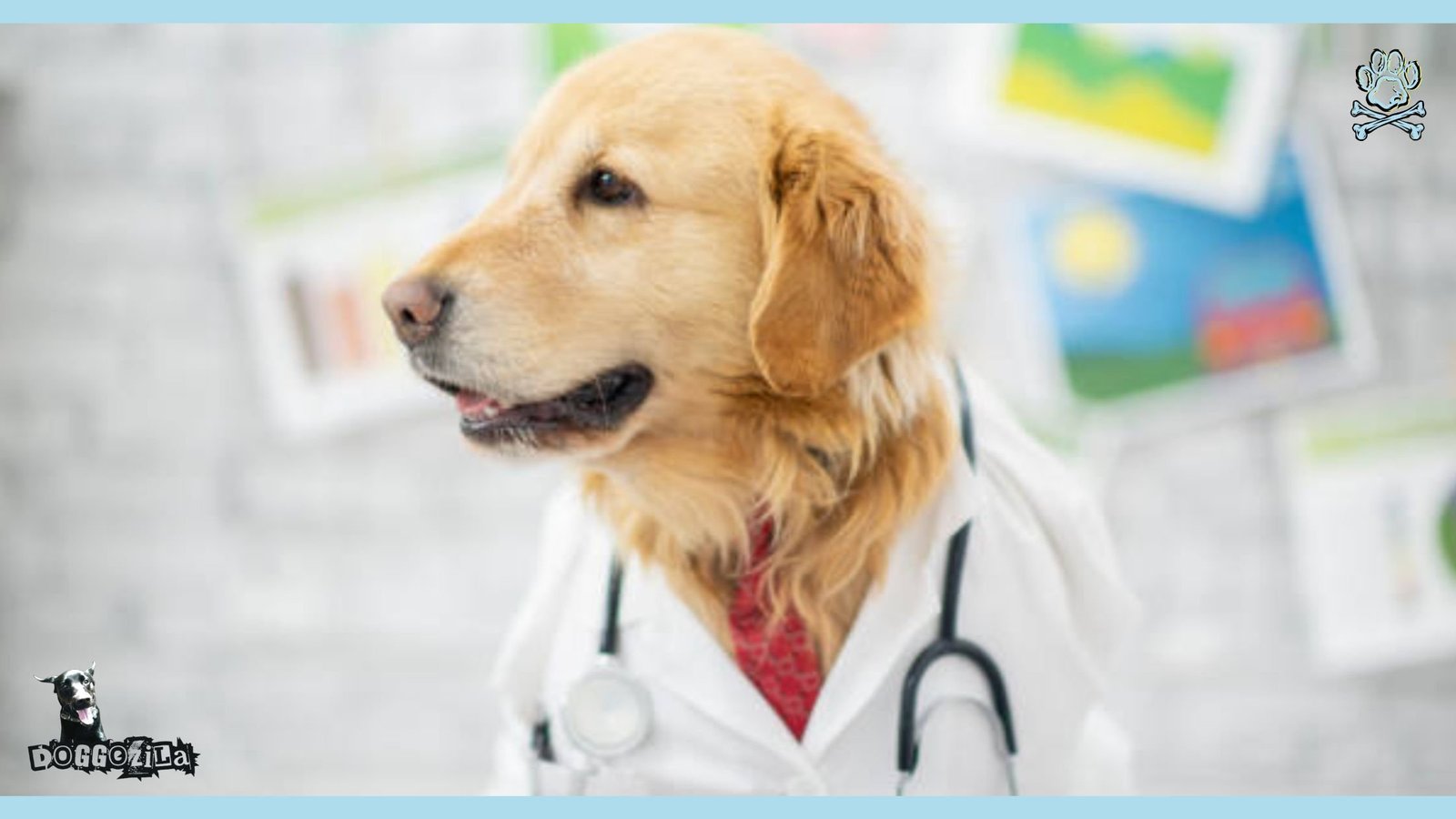
THE EXTENSIVE TRAINING REGIMEN: PREPARING DOCTOR DOGS FOR MEDICAL TASKS
Becoming a skilled doctor dog needs an in-depth training process. These amazing canines go through rigorous training to prepare for various medical tasks. From simple obedience commands to detecting diseases, these heroic dogs train hard to serve humanity.
Building a Strong Foundation and Specializing in Medical Tasks
Doctor dogs start with basic obedience training. They learn crucial commands like sit, stay, come. This superheroes practice walking calmly on a leash. They train to behave in public areas. This strong foundation prepares them for advanced training.
After mastering basics, doctor dogs specialize in medical tasks. They may learn to detect specific scents linked to diseases. For instance, they can identify ovarian cancer or high stomach cancer levels. This specialized skill makes them invaluable medical assistants.
Simulating Real-World Scenarios
To get ready for real challenges, trainers simulate real-life situations. Doctor dogs experience hospital environments, crowded streets, and more. They learn to respond appropriately in various scenarios. This prepares them for any situation they may face.
Training for doctor dogs continues throughout their careers. Regular practice sessions help maintain and improve their abilities. This ensures they stay at their best performance level. Consistent training is key to their success.
The Importance of the Bond Between Dog and Handler
A doctor dog’s handler plays a vital role too. Handlers undergo extensive training to work effectively with their canine partners. They learn to accurately interpret the dog’s signals and cues. A strong handler-dog bond is essential for optimal performance.
A doctor dog and their handler share a special connection. This bond is based on trust and understanding. It’s the foundation for their lifesaving work. The dog and handler rely on each other deeply.
🔑 Key Points: Doctor dogs go through extensive training. They develop a strong bond with their handlers. This prepares them for various medical tasks. They play vital lifesaving roles.
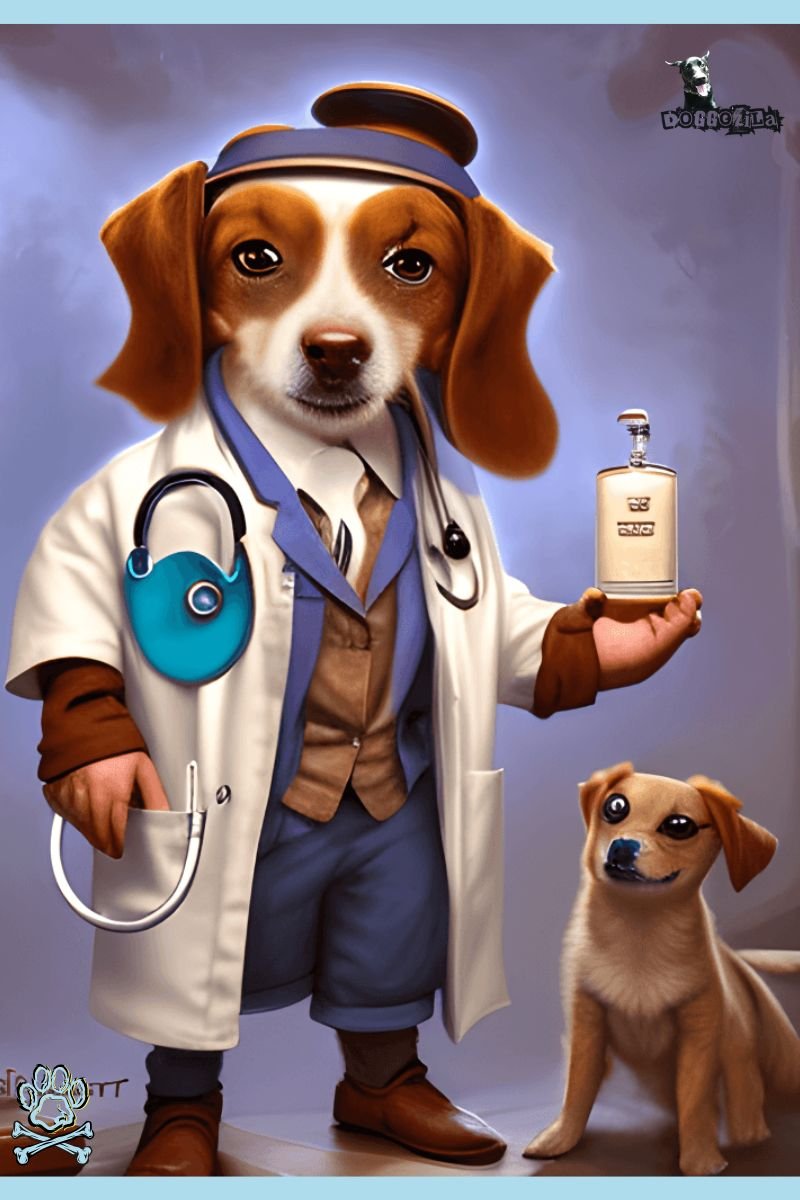
BEYOND PHYSICAL HEALING: THE EMOTIONAL SUPPORT OF DOCTOR DOGS
Doctor dogs are known for detecting health issues. But their impact goes beyond physical healing. These dogs provide crucial emotional support. They help people facing diverse challenges.
A Best Friend in Times of Need and Providing Comfort to the Vulnerable
For many, a doctor dog is more than a medical aid. They’re a best friend and comfort source. These dogs offer unconditional love and affection. This can be a lifeline for lonely, depressed, or anxious individuals. In hospitals and nursing homes, doctor dogs offer friendly faces. They provide gentle company to vulnerable people. For patients undergoing tough treatments or long stays, a furry companion boosts spirits.
A Yellow Lab’s Gift of Companionship
Lucy faced challenges with depression and anxiety. However, her yellow lab, Charlie, provided unwavering love and loyalty. With Charlie by her side, Lucy could navigate daily life’s hurdles with greater ease and confidence. Charlie’s companionship offered emotional support, helping Lucy find comfort and solace during difficult times.
Empowering Individuals with Disabilities
For those with disabilities, service dogs can provide practical assistance and a sense of independence. These dogs offer emotional support, empowering their owners to overcome obstacles. With a service dog’s help, individuals with disabilities can live life to the fullest, feeling more confident and capable.
🔑 Key Points: Doctor dogs are a lifeline, providing crucial emotional support through their unconditional love and companionship. They offer comfort and aid to individuals facing various challenges, from mental health issues to disabilities.
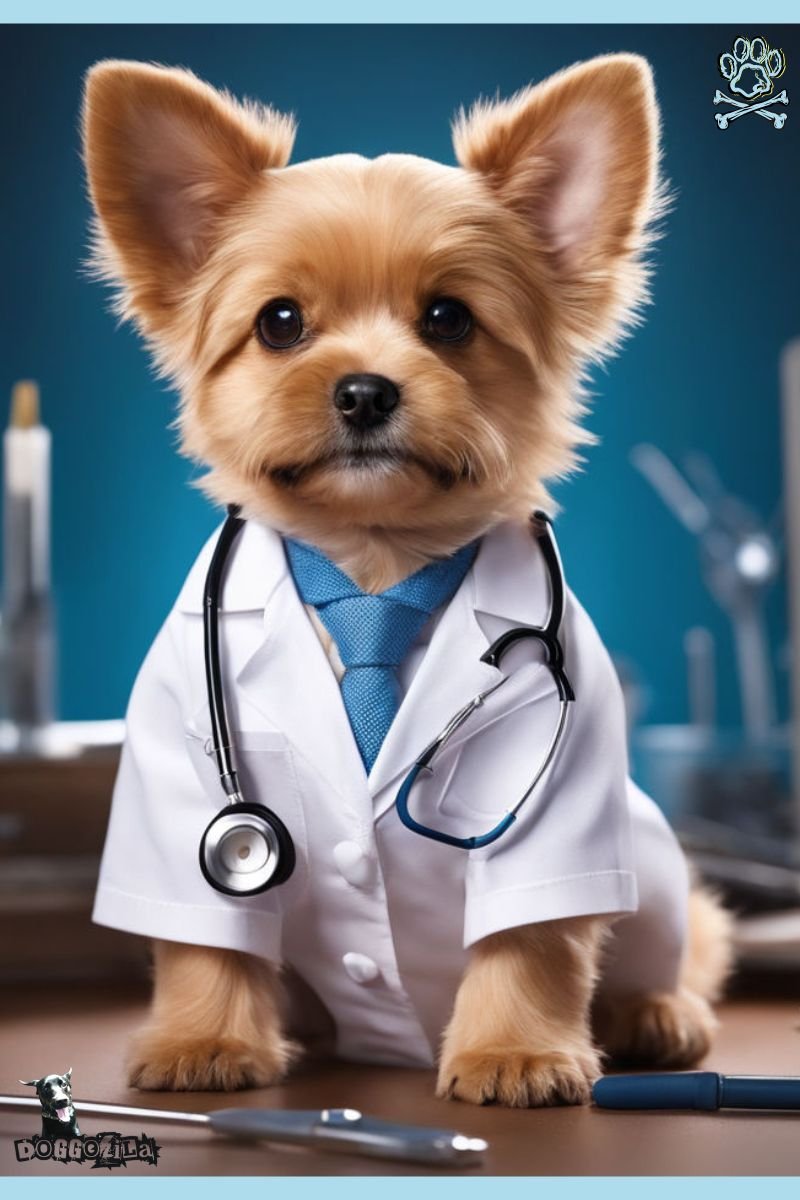
NAVIGATING CHALLENGES: THE LIMITATIONS AND ETHICAL CONSIDERATIONS
While doctor dogs have the potential to revolutionize disease detection and provide invaluable support, there are limitations and ethical considerations to acknowledge. Proper training is crucial for these dogs to perform their duties effectively.
The Importance of Proper Training and The Risk of False Positives
One primary challenge is ensuring doctor dogs receive adequate training. Even the most skilled dog with a keen sense of smell may struggle to perform tasks without proper training. Ensuring these dogs undergo comprehensive training is essential for their success.
One potential issue with doctor dogs is the chance of false positives. These amazing canines have impressive abilities to detect diseases. But no system is perfect. False positives can lead to unnecessary worry and stress for people who may not actually have the disease the dog detected.
Ensuring Ethical Treatment and Balancing the Needs of Dogs and Humans
It’s very important to treat working dogs ethically and with care. This means providing proper food, rest, and care. It also means not overworking them or causing undue stress. We must respect these hardworking animals. Finding a balance between the needs of doctor dogs and humans is delicate. We want medical progress and support for people. But we can’t compromise the well-being of the dogs to achieve this. Their welfare matters too.
The Role of Doctor Dogs Regulation
To address ethical issues and limitations, we need proper rules around using doctor dogs. Rules should ensure dogs get right training and ethical treatment. They should also prevent undue stress or harm to the animals. Regulation helps protect these working dogs.
🔑 Key Points: Doctor dogs can transform disease detection and provide great support. But we must navigate limitations and ethical factors through training, rules, and commitment to their care. We can harness their abilities while respecting and protecting the dogs.
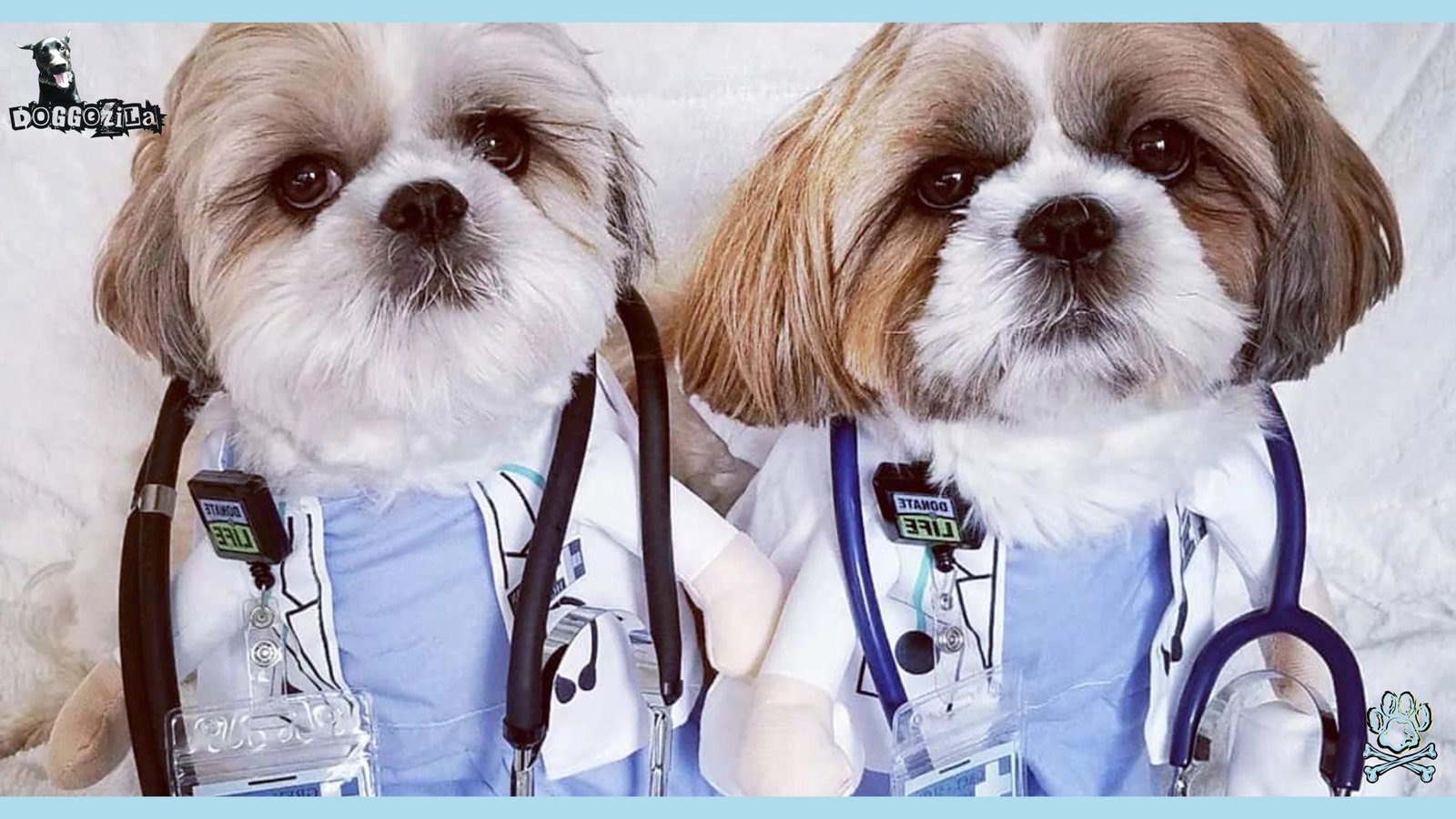
THE FUTURE OF DOCTOR DOGS: ADVANCEMENTS AND POSSIBILITIES
As we move forward, the field of doctor dogs is rapidly evolving. It brings many exciting possibilities for these amazing animals. From cutting-edge medical technologies to expanded roles in healthcare, the potential is vast.
The Promise of Advanced Training Techniques
One area showing great growth is advanced training techniques. As we understand dog cognition and learning better, trainers develop more sophisticated methods. These prepare doctor dogs for their roles effectively. With new techniques, dogs can learn complex tasks quickly. For example, they may detect specific scents linked to diseases. Or, they could alert owners to potential medical emergencies.
Expanding the Scope of Detection
Another exciting possibility is expanding disease detection abilities. Doctor dogs already detect many conditions like ovarian and stomach cancer. But researchers explore detecting even more diseases. With their incredible sense of smell, dogs could potentially detect early signs of various illnesses. This includes diabetes, Parkinson’s, and even COVID-19. Early detection means earlier treatment, saving lives.
Harnessing the Power of Technology and The Potential for Global Impact
Technology also shows great promise for doctor dogs. Wearable devices can monitor vital signs like heart rate and body temperature. This data helps trainers understand the dog’s condition. Advanced odor detection systems enhance dogs’ natural abilities too. These tools amplify scents, aiding in disease detection. As technology advances, doctor dogs’ capabilities grow.
As doctor dogs gain recognition, their global impact grows. In developing countries with limited medical access, they play a crucial role. They can detect diseases early, prompting treatment. Doctor dogs are cost-effective too, needing minimal equipment. This makes them ideal for under-served communities. With proper training, they save countless lives worldwide.
A New Era of Medical Research with Collaborative Efforts Between Dogs and Technology
Doctor dogs are set to play an important role in medical research. As research dogs, they can help scientists understand how disease detection works. This can help develop new ways to diagnose and treat illnesses. The most exciting possibility is combining doctor dogs’ amazing detection skills with advanced technology. By working together, dogs and tech tools may achieve new heights in detecting and treating diseases.
🔑 Key Points: The future of doctor dogs is exciting. Advanced training and disease detection skills can expand. Collaborating with cutting-edge tech promises new medical breakthroughs and global impact.
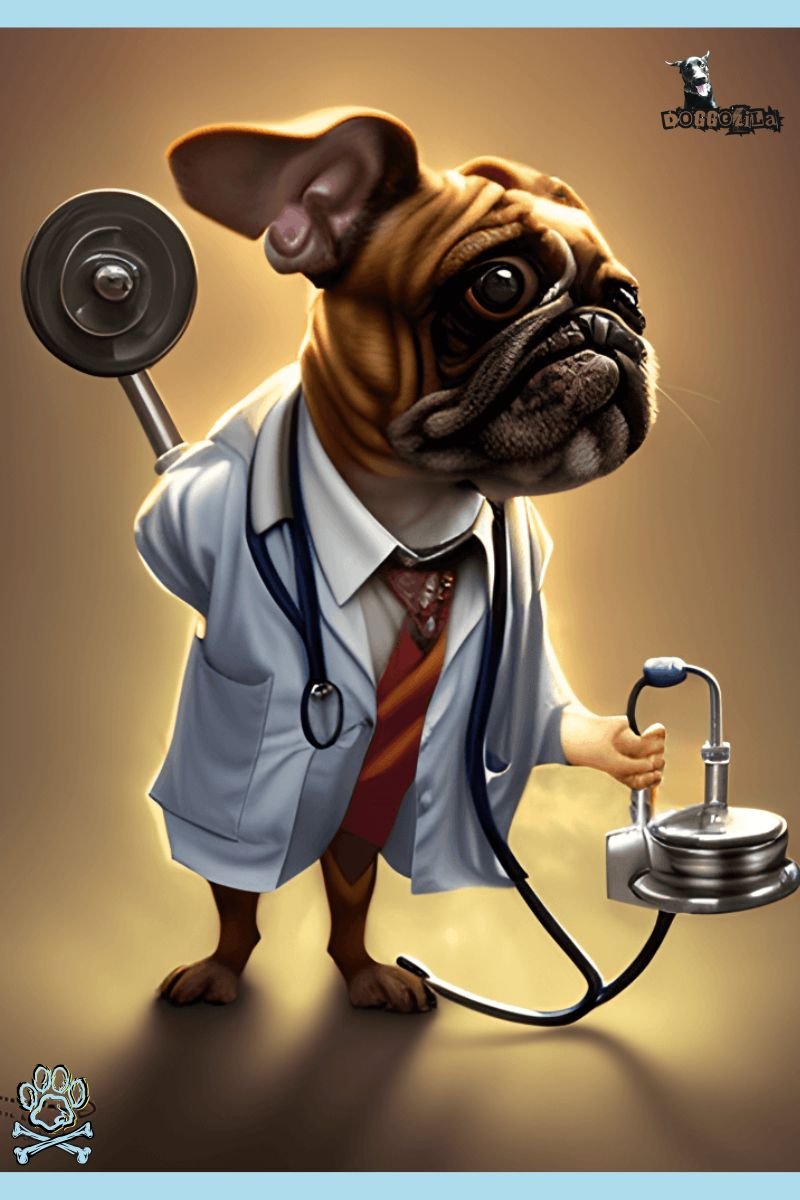
A FURRY BEST FRIEND WITH A MEDICAL BADGE: STORIES OF COMPANIONSHIP AND HEALING
Beyond medical abilities, doctor dogs are loyal companions and cherished friends. Their stories with people show the powerful human-animal bond.
A New York Inspiration
Aiden, a boy from New York with leukemia, found comfort during hospital stays from therapy dog Belle. Their strong bond made Belle Aiden’s “best friend,” inspiring him through treatment.
A Service Dog’s Lifesaving Skills
For Maria, who has epilepsy, her service dog Max is more than a furry friend. He’s a lifesaver. Max is trained to detect subtle changes in Maria’s body chemistry. These changes signal a seizure is about to occur. He alerts Maria in time, allowing her to get to a safe spot and avoid injury.
A Sweet Boy with a Nose for Trouble
Then there’s Buddy, a sweet boy with an exceptional talent. He can sniff out danger with his amazing nose. As a certified search and rescue dog, Buddy has helped locate missing persons. He has brought them back to safety. But his most impressive feat? Detecting ovarian cancer in his owner. This skill may have saved her life.
A Military Dog’s Unwavering Loyalty
In the heat of battle, military dogs like Rufus put their lives on the line. They protect their human partners. Rufus, a German Shepherd, served multiple tours in Afghanistan. He used his keen sense of smell to detect explosives. This kept his fellow soldiers safe. Even after retirement, Rufus remains a cherished family member. He shows the unbreakable bond between dogs and humans.
Doctor Dogs Comforting Presence
Don’t forget the countless doctor dogs. They provide emotional support and comfort. From gentle Golden Retrievers in pediatric wards to calming Labrador Retrievers in nursing homes, these furry friends bring joy. They offer solace to those who need it most.
🔑 Key Points: The stories of doctor dogs show the power of the human-animal bond. They showcase the incredible companionship and lifesaving skills of these extraordinary animals. The people whose lives they touch can attest to this.
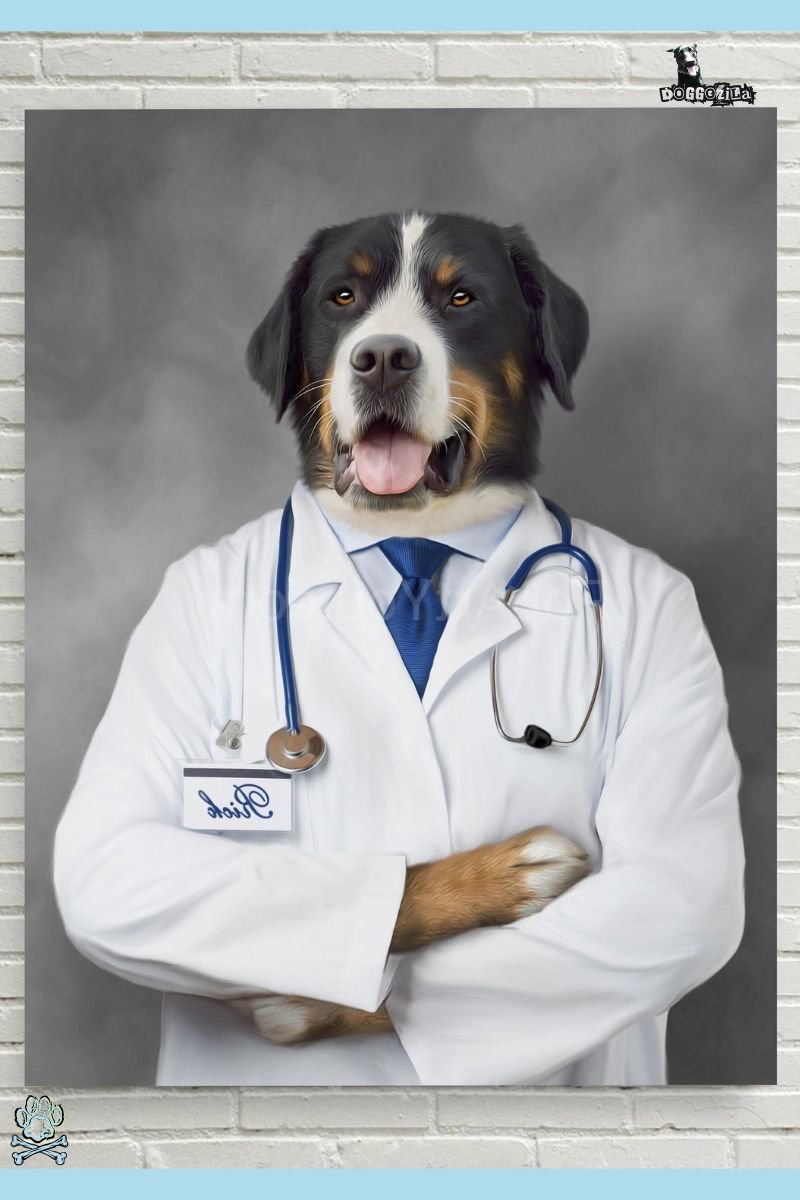
THE ROLE OF DOCTOR DOGS IN MODERN HEALTHCARE: AN IN-DEPTH ANALYSIS
In the ever-evolving field of healthcare, doctor dogs are playing a crucial role. From detecting diseases to providing emotional support, these amazing animals are becoming invaluable assets. These pups are helping in modern healthcare in many ways.
A Complementary Approach to Traditional Medicine
These dogs offer a complementary approach to traditional medical techniques. While advanced tools and treatments are essential, the unique abilities of doctor dogs add an extra layer of detection and support. Doctor dogs work alongside traditional medicine to enhance patient care.
Enhancing Early Detection Efforts and Providing Emotional Support and Comfort
The medical dogs are particularly helpful in early disease detection. Their keen sense of smell can identify certain cancers and other conditions at an early stage, when treatment may be more effective. By involving doctor dogs in screening processes, healthcare providers can potentially improve patient outcomes.
Doctor dogs also play a crucial role in providing emotional support and comfort to patients. The presence of a friendly, furry companion can reduce stress and anxiety, promote relaxation, and aid in the healing process. They offer a calming presence and emotional support to patients.
A Quick Summary about Doctor Dogs the Superheroes that Serve Humanity
In the remarkable world of Doctor Dogs, their extraordinary contributions in revolutionizing disease detection stand as a beacon of hope and healing. From their exceptional olfactory abilities to their profound impact on modern medicine, these canine superheroes exemplify dedication and compassion.
Through real-life stories and transformative accounts, we witness the remarkable bond between the doctor dogs and those they serve, transcending mere companionship to embody true heroes of healthcare. As we take a moment, we see the big impact of Doctor Dogs. They are very special animals. They help by smelling diseases and giving support. These dogs truly change lives in a good way. We should all thank these working dogs for their hard work. They show traits like kindness and bravery.
Let us learn from these superhero dogs.We can be more caring and help heal others. Following their spirit makes the world better.









